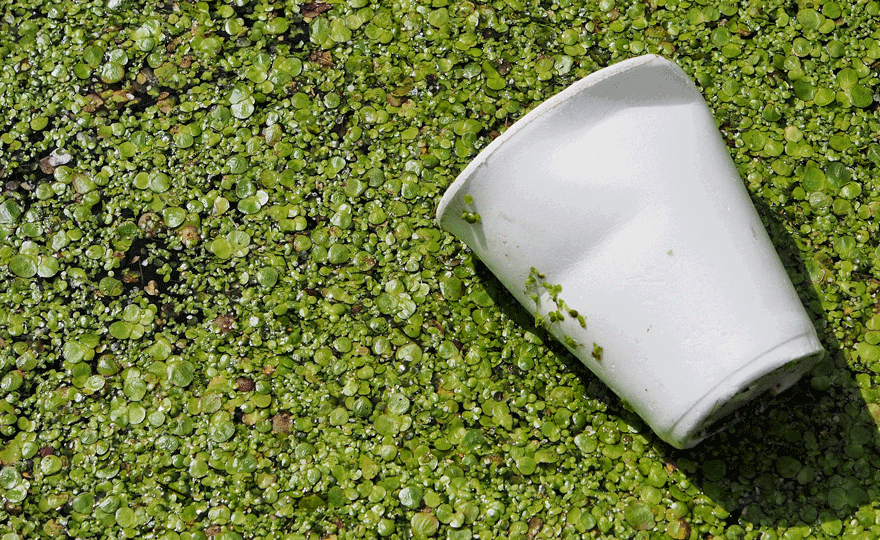ClientEarth Communications
28th October 2018


The European Commission has taken a leap forward in tackling plastic pollution, with new laws to reduce throwaway single-use plastics.
ClientEarth is among a number of organisations within Rethink Plastic – an alliance of leading European NGOs working towards a future free of plastic pollution – that has welcomed today’s announcement.
Speaking on behalf of Rethink Plastic [1], the Environmental Investigation Agency’s Sarah Baulch said: “The Commission has awakened to the call of European citizens to address the devastating impacts of plastic pollution on our environment. Phasing out unnecessary single-use plastic applications and those for which a sustainable alternative is already available is key to ensure a responsible use of plastics.”
ClientEarth Wildlife Conservation Lawyer Tatiana Luján said: “This legislation sets the standard for what producer responsibility should be for plastic pollution, through ‘polluter pays’ measures. It makes them responsible for the cost of collection, transport, treatment, clean-up of marine litter and awareness raising.
“It’s now time for the EU to start extending these requirements to all types of plastic pollution, not just single-use plastic.”
The proposal, which is designed to prevent and reduce the impact of certain plastic products on the environment, and in particular the marine environment, sets a number of different policy measures to tackle these problematic single-use products, from bans and reduction efforts, to labelling and extended producer responsibility schemes [2].
However, the legislation fails to set specific EU-wide reduction targets for food containers and beverage cups, with a promise to look into this possibility only after a lengthy six years after transposition (circa 2027). This could result in countries claiming they are taking the necessary steps as long as any reduction is achieved, regardless of how small.
The same time period is also given for a review of the list of products the legislation addresses, with the possibility to expand it. This is vital to shorten to three years after transposition rather than six.
ClientEarth Chemicals Lawyer Alice Bernard said: "These measures are essential to stop our wasteful use of plastics and an important first step to tackle plastic pollution. We hope the next steps will be addressing the issue of dangerous chemicals in plastics – such as bisphenols, the chemical group to which BPA belongs, for example.”
Sarah added: “Given the urgency and scale of the problem, the lack of specific reduction targets for Member States is alarming. We call on the European Parliament and EU Ministers to put in place such targets and set a shorter review period to ensure an effective and swift move beyond single-use plastics.”
The European Parliament and the Council of EU ministers will discuss and amend the legislative proposal in the coming months.
Help us fight for your environment - make a donation
[1] Rethink Plastic is an alliance of leading European NGOs with one common aim: a future that is free from plastic pollution. We represent thousands of active groups, supporters and citizens in every EU Member State, and we bring together policy and technical expertise from a variety of relevant fields. Members of Rethink Plastic are ClientEarth, ECOS, EEB, the Environmental Investigation Agency, Friends of the Earth Europe, Seas at Risk, Surfrider Foundation Europe and Zero Waste Europe.
We are part of the global Break Free From Plastic movement, consisting of over 1000 NGOs and millions of citizens worldwide.
[2] The range of legislative measures includes: